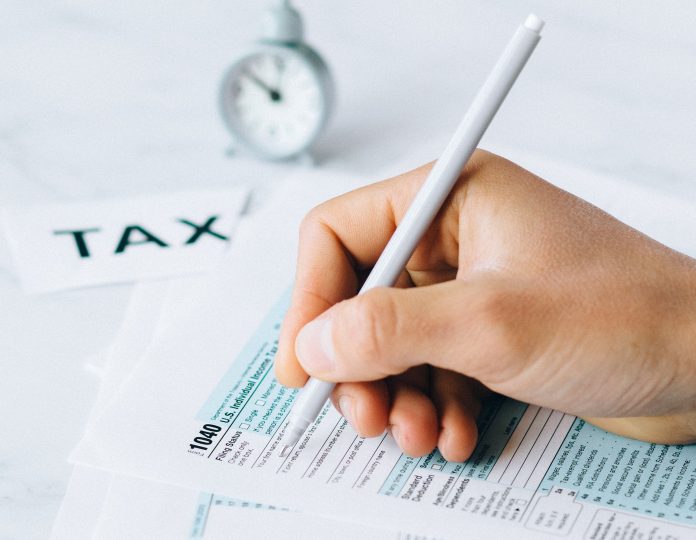A first-of-its-kind experiment commissioned by Intuit QuickBooks reveals how the health of UK Small Business ownership is impacted by Self Assessment. With the annual January 31 deadline looming, many small business owners and sole traders across the country will be preparing their Self Assessment tax returns.
Nationwide survey data from Intuit QuickBooks has revealed that nearly a third (30%) of these owners report that the process has taken a toll on mental health and more than a fifth (22%) on their physical wellbeing. Self Assessment has even led over a half (54%) to question whether they have what it takes to run a business.
In order to understand how Self Assessment, an annual feature on the financial calendar, has become so triggering, Intuit QuickBooks commissioned a unique experiment using biometric data to assess the physiological impact of Self Assessment.
Led by Dr Chris Brauer of Goldsmiths, University of London and a team of researchers from Symmetry, the study reveals the hidden pressures the Self Assessment experience brings to UK sole traders and SMB owners. Notably, Self Assessment is:
- A hidden stress that significantly affects the wellbeing of SMB owners. Participants underestimate the impact on wellbeing with stress levels increasing by 56% on average and highs of 85% when recalling the Self Assessment experience.
- On par with the most stressful life events. When participants compare the experience of filing their tax returns with other stressful life events, the response is either the same or even more intense.
- Detrimental to productivity. The process of gathering the information and paperwork for completing Self Assessment increases stress levels by 60%. Anxiety impacts productivity and also distracts owners from other aspects of their work.
- Damaging business confidence and prone to avoidance. There is a 53% increase in stress when speaking about the process of Self Assessment, which can damage confidence and lead people to avoid completing it.
- Support from the tech and accounting community can help to reduce stress. Thankfully, the thought of getting help from an accountant or through use of an app or software reduces stress. While a lack of clarity and guidance with the process remains a source of stress, more hands-on support from the tech and accounting community will alleviate pressure.
Business Differently
In combination with the Biometric data, participants were assessed using the Big Five personality model prominent in neuroscience research. This identified three different personas whose characteristics play an important role in stress-related behaviours during the Self Assessment process. They include:
- Precarious Procrastinators: Need help with maintaining order, structure, and routine. Low self-esteem means that Self Assessment is something that leads them to procrastinate or delay the process.
- Determined Doers: Also need help with order, structure and routine but high self-esteem means they are less frustrated by the Self Assessment process. They are also more readily motivated to complete it.
- Confident Completers: Well versed in order, structure and routine. High self-esteem means they will be more comfortable and confident in the outcome, so long as the process is clear.
Dr Chris Brauer, Goldsmiths, University of London, comments: “Being an entrepreneur or self employed demands a lot of self discipline, resilience, grit and determination. But small business owners can’t exercise these personality traits or manage their stress if they don’t understand the source. This study reveals the hidden toll Self Assessment and managing accounts takes on our small business owners and equips them with the tools to do things differently so they can focus on what’s really important.”
Pauline Green, Head of Product Compliance & Programs at Intuit QuickBooks UK, comments: “The stress and anxiety that comes with completing a Self Assessment is clearly very real. Different people will experience and act on this differently, but the process need not adversely impact the health and performance of SMBs and sole traders.
More education and training can play a vital role in reducing the triggering nature of tax returns. At the same time, there is lots of sound advice and guidance out there and we urge all those completing Self Assessment or any other financial process to seek out support.”


